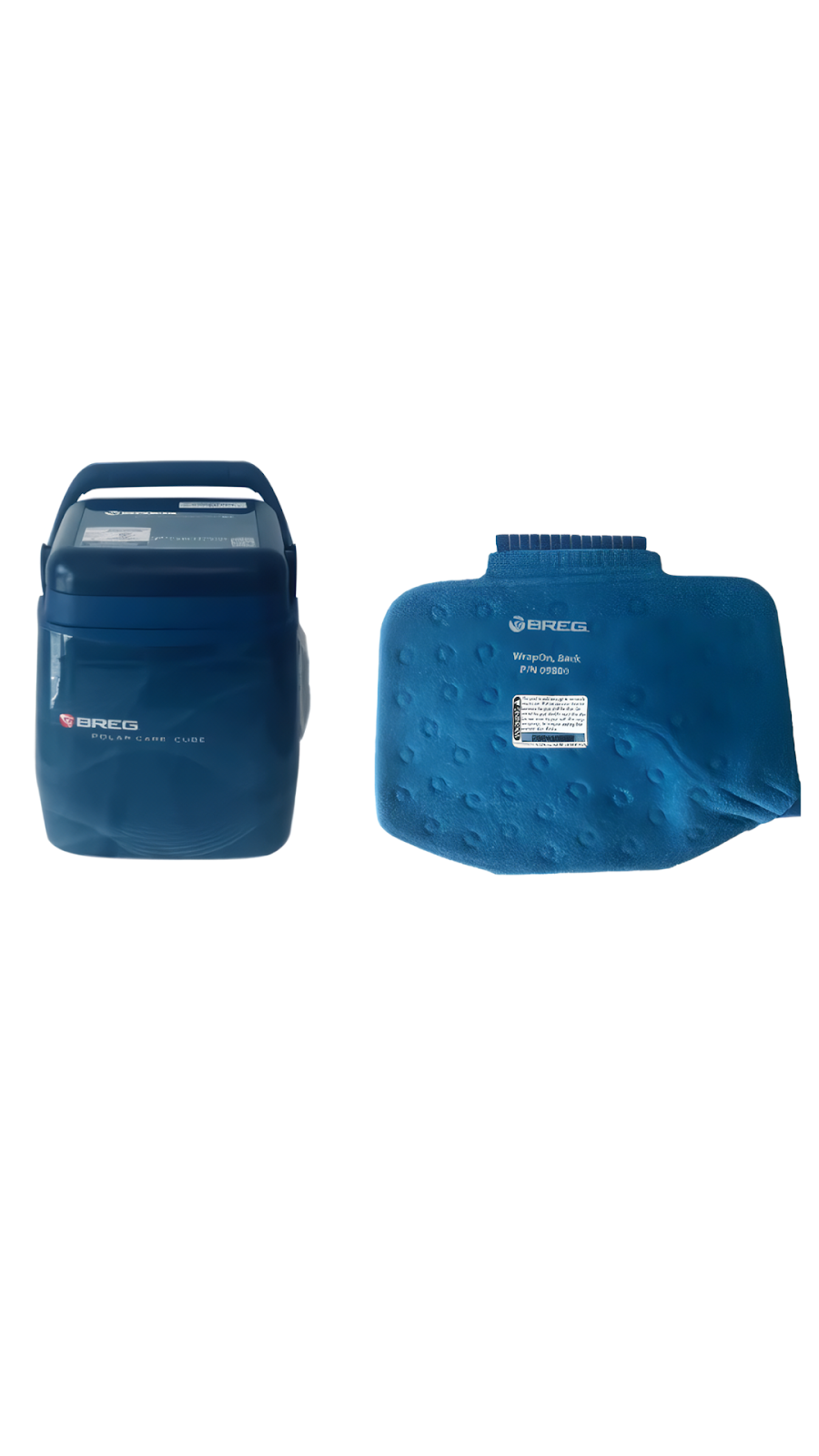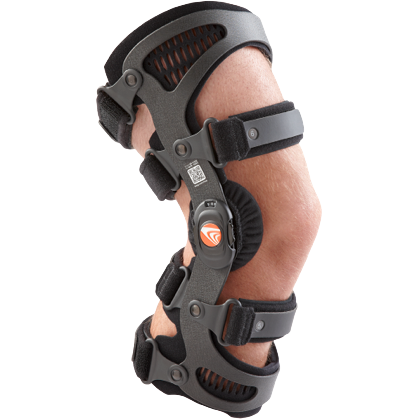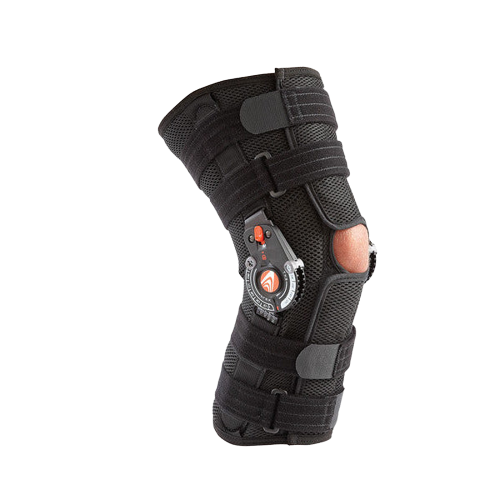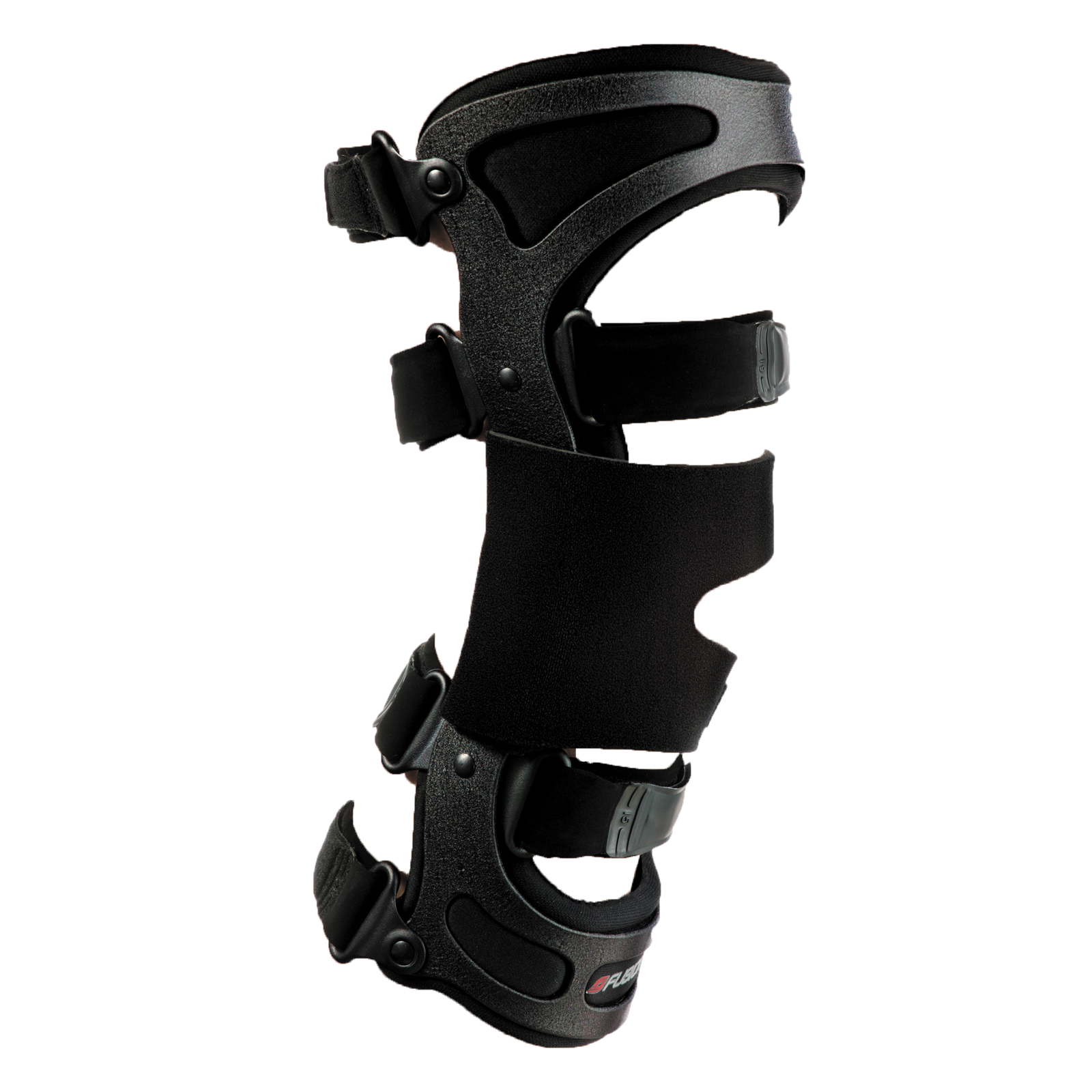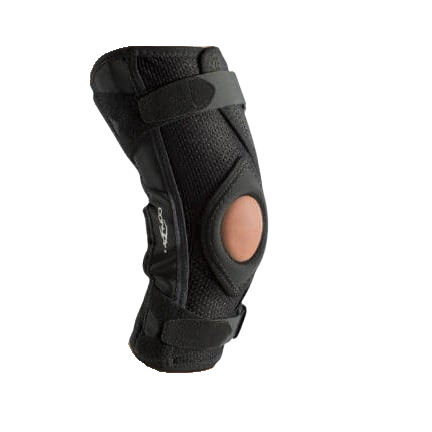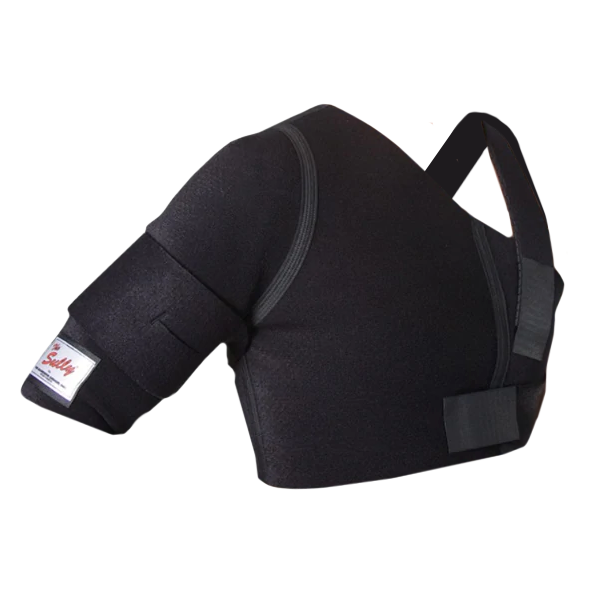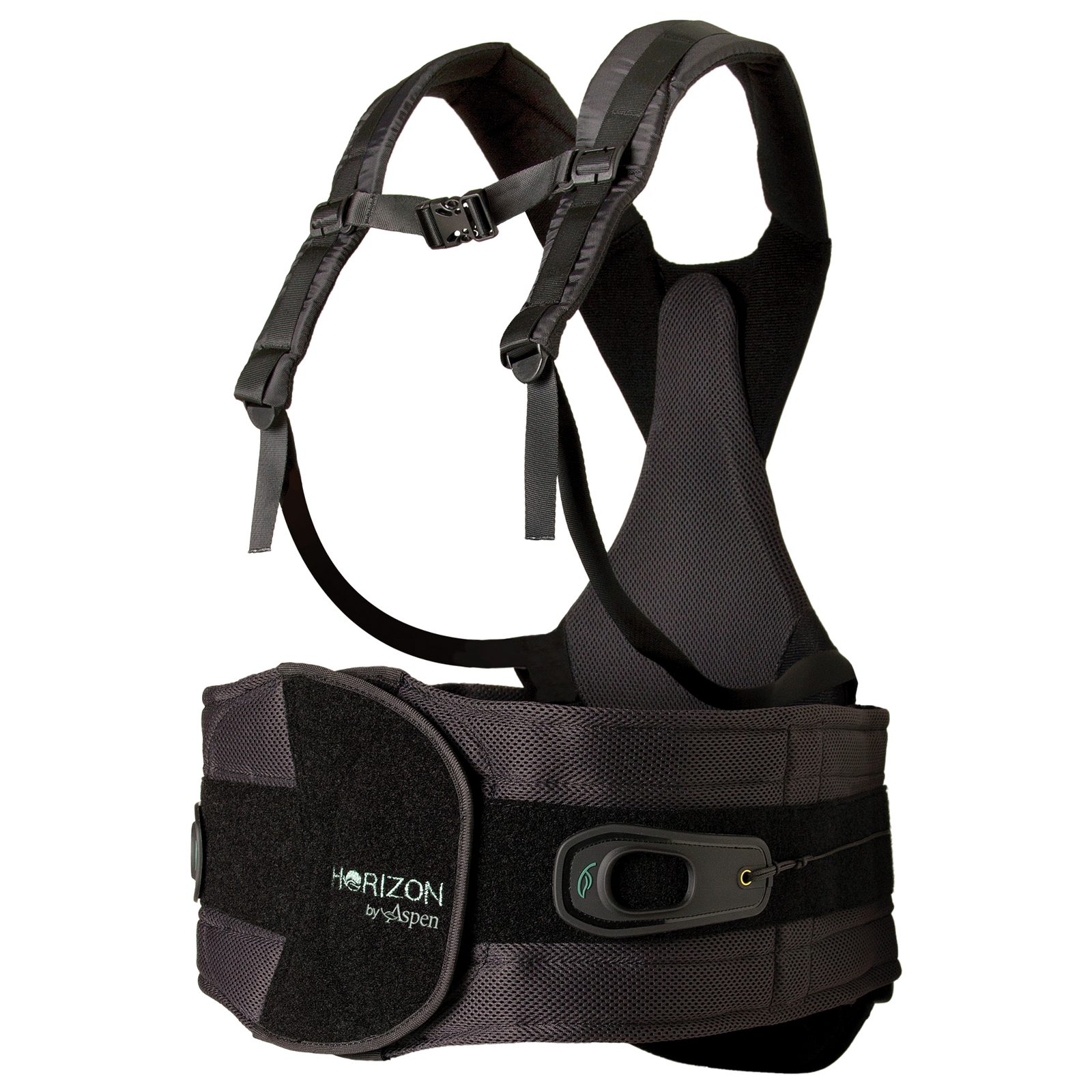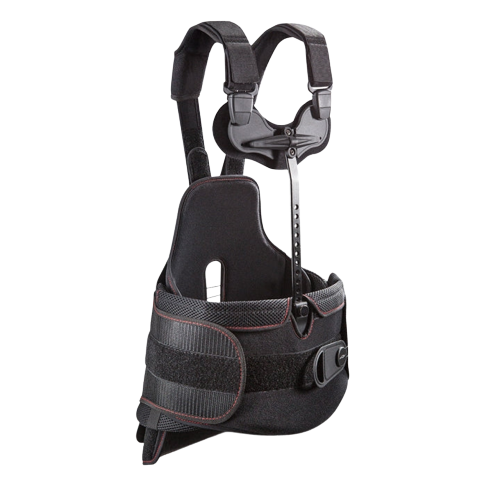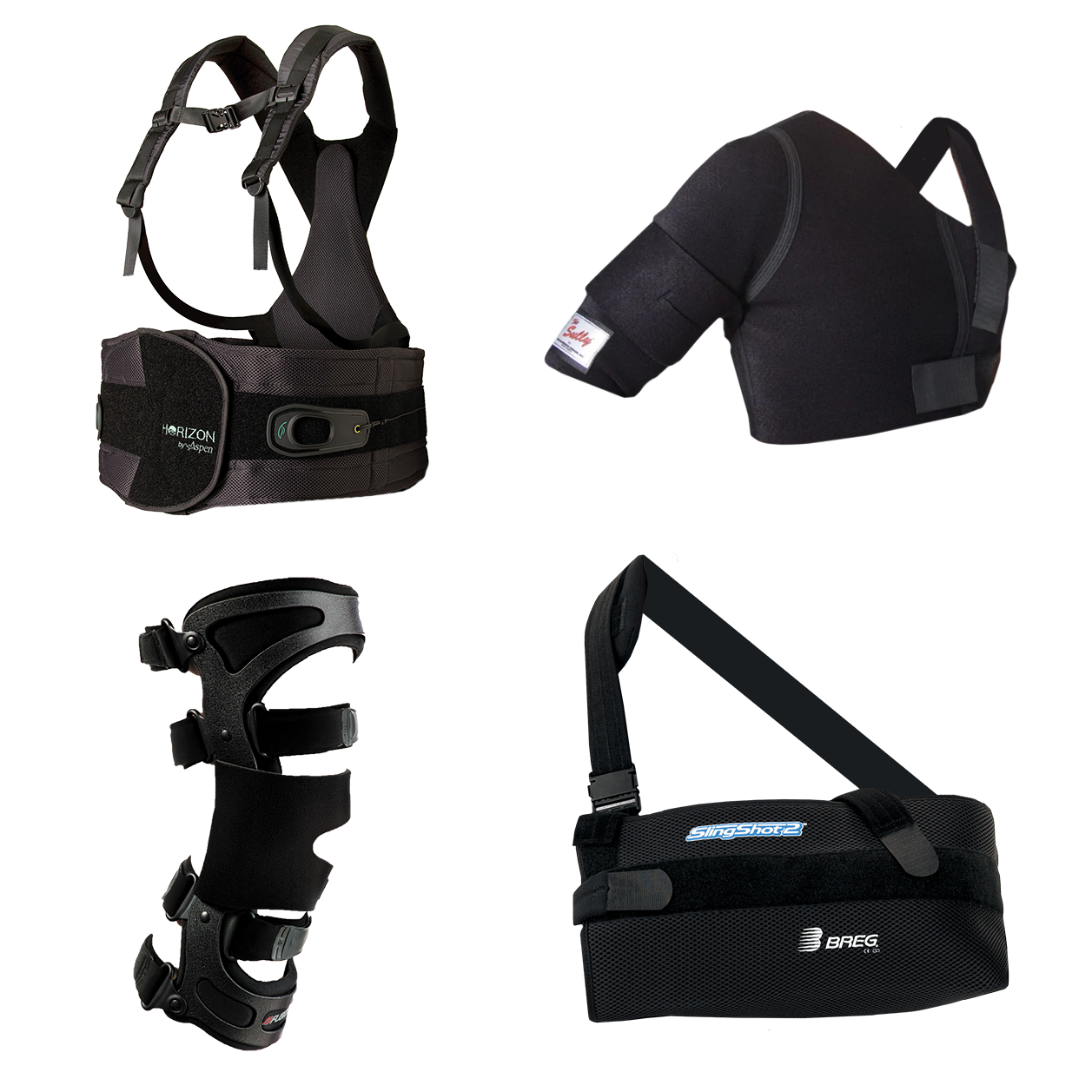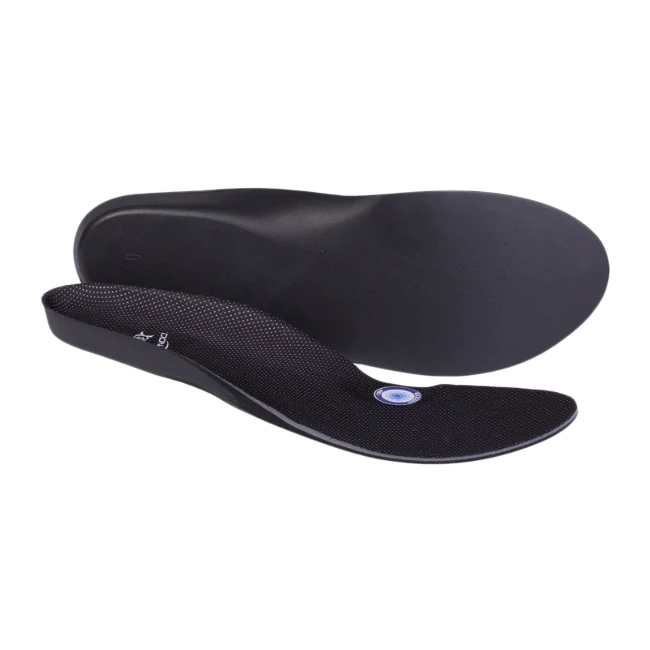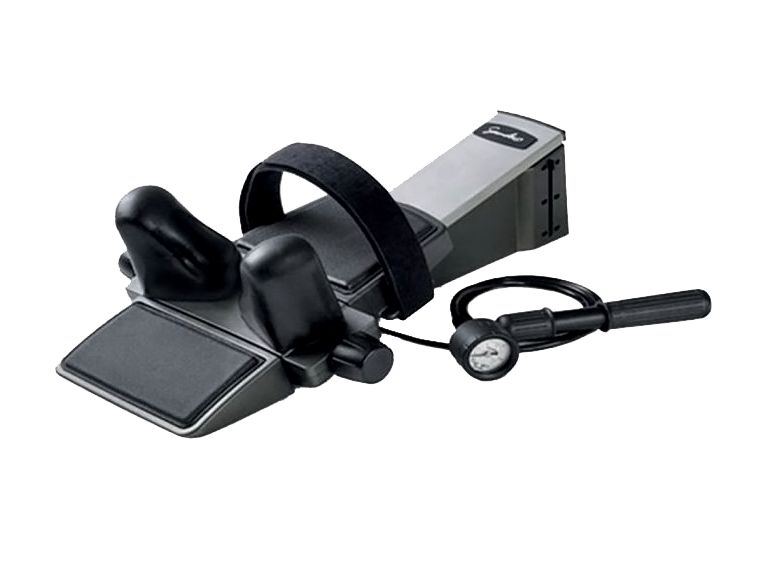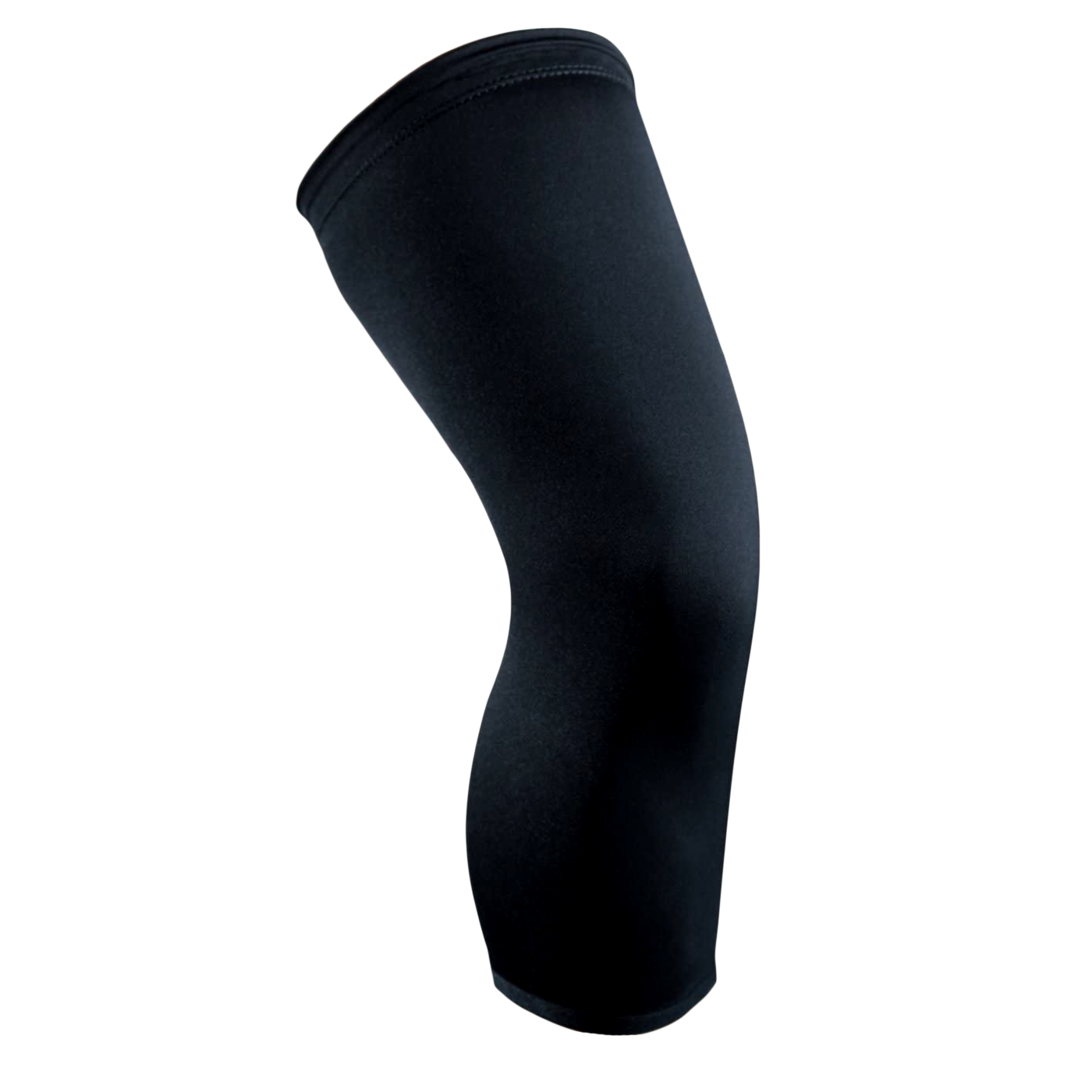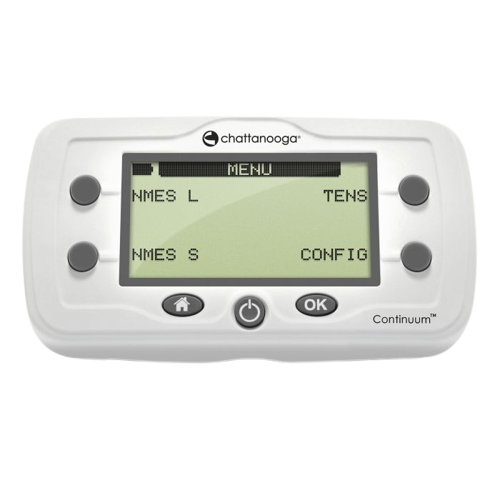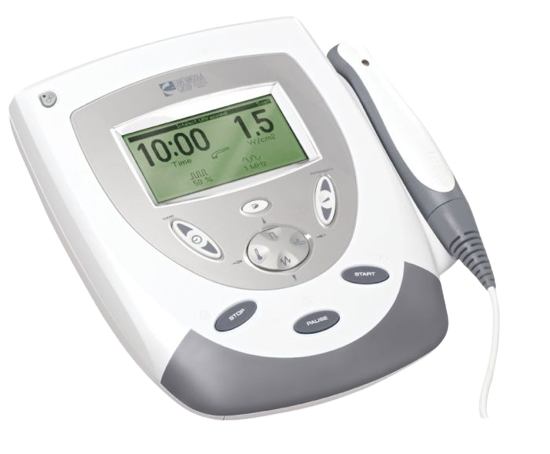
Doctors, physical therapists, orthopedic surgeons, and trainers all agree that most shoulder injuries require some form of support during the healing process. To heal safely, quickly, and comfortably, your shoulder needs to be immobilized as your body recovers.
But what’s the best way to support your shoulder? Today, we’ll compare the two most common and popular options: a shoulder immobilizer vs sling. We’ll explain the differences, compare the two, and help you find the right solution for your shoulder.
Whether you’re recovering from rotator cuff surgery, healing a sports injury, or managing a dislocation, you can use this guide to find the best shoulder support to get you back to full range of pain-free movement as quickly and safely as possible.
What is a Shoulder Immobilizer?
A shoulder immobilizer is a specialized orthopedic device designed to restrict the movement of the shoulder joint, upper arm, and collarbone. Typically used after surgery, severe fractures, dislocations, or other major injuries, it keeps the shoulder stable and in the correct position for proper healing.
So, what does a shoulder brace do? Shoulder immobilizers consist of several components: a sling that supports the arm, a waist strap that secures the arm to the body, and often an additional shoulder strap to prevent any movement that could compromise the healing process.
By limiting the range of motion, the immobilizer helps reduce pain, prevent further injury, and promote effective recovery. Patients might find the shoulder immobilizer initially uncomfortable due to its restrictive nature, but its role is crucial in the healing process.
What is a Shoulder Sling?
A shoulder sling is a supportive device used to hold and protect the arm and shoulder following an injury or surgery. Unlike an immobilizer, which restricts nearly all shoulder movement, a sling mostly supports the arm and allows for a limited range of motion, providing a balance between mobility and stability.
A shoulder sling is pretty simple - it usually consists of a fabric pouch that cradles the arm and an adjustable strap that goes around the neck or shoulder to hold the arm in place. This setup helps reduce stress on the shoulder by taking the weight off the injured area, promoting comfort and healing.
Shoulder slings are often used for less severe injuries like minor fractures, sprains, or after certain surgeries where complete immobilization isn’t necessary. Slings are also beneficial for conditions like rotator cuff injuries, where some movement is required to prevent stiffness while still providing support.
In addition to offering support, shoulder slings can help alleviate pain by keeping the arm in a comfortable position. They are generally easier to put on and adjust compared to shoulder immobilizers, making them a convenient option for many patients.
But how do you know whether a shoulder immobilizer vs sling is right for you? Let’s compare the two across a range of different categories to help you find the most comfortable, effective way to support your shoulder.
Shoulder Immobilizer vs Sling: Which is Right For You?
So, what do you need in terms of a shoulder immobilizer vs sling? It depends on the type of injury you have, how long you need to use it, and many other factors - let’s take a look.
Function and Design
Designed to restrict nearly all movement of the shoulder joint, upper arm, and collarbone, the shoulder immobilizer ensures the affected area remains stable. It consists of a sling for the arm, a waist strap to secure the arm to the body, and often an additional shoulder strap for extra stability.
In contrast, a shoulder sling supports the arm while allowing for some degree of movement. It typically features a fabric pouch to cradle the arm and an adjustable strap that goes around the neck or shoulder, providing basic support without fully immobilizing the shoulder.
Comfort and Mobility
Due to its restrictive nature, a shoulder immobilizer may initially feel uncomfortable. However, its design is crucial for providing the necessary stability and protection for severe injuries or post-surgery recovery.
A shoulder sling offers more comfort and greater mobility compared to an immobilizer. It's easier to put on and adjust, making it a more convenient option for less severe injuries (even a DIY shoulder sling can sometimes get the job done) or when some movement is beneficial.
Duration of Use
ypically, shoulder immobilizers are used for a longer duration, particularly in cases of severe injuries, surgeries, or conditions requiring extensive healing. The duration of use is usually dictated by your doctor or orthopedic surgeon, based on the injury's severity and your recovery progress.
Slings are generally used for shorter periods, suitable for minor injuries or as a transitional support after using an immobilizer. The timeframe for using a sling can vary but is usually less extended compared to an immobilizer.
Impact on Recovery Process
By fully restricting movement, a shoulder immobilizer minimizes the risk of further injury and ensures that your shoulder heals in the correct position. This comprehensive support is vital for the recovery of severe injuries or post-surgical rehab.
While providing essential support, a sling allows for limited mobility, which can be beneficial in preventing stiffness and maintaining some muscle activity. This balance can aid in recovery for less severe injuries like a sprain, where complete immobilization isn't necessary.
Transitioning Between Supports
Often, patients start with a shoulder immobilizer for the initial, more critical phase of recovery and transition to a sling as healing progresses. This step-down approach allows for gradually increasing mobility while still providing necessary support.
As your recovery continues, the need for any external support diminishes. Transitioning from a sling to no support should be guided by a healthcare professional to ensure the shoulder can handle the increased activity without risking re-injury.
When in Doubt, Reach Out!
If you’re not sure whether a shoulder immobilizer vs sling is right for you and your shoulder, just ask! You can check with your doctor, physical therapist, or orthopedic surgeon. They will help you develop a recovery plan and help you choose the right solution for your specific situation.
Of course, you can also reach out to our expert team here at Ortho Bracing! We’re dedicated to helping every customer find the solutions they need, and can help you with everything from sizing to understanding the differences between our products. We’d love to hear from you!
Jumpstart Your Recovery With Shoulder Slings and Other Essentials at Ortho Bracing!
Whether you decide on a shoulder immobilizer vs sling, you’ll find exactly what you need at Ortho Bracing. We stock all the leading brands in orthopedic care, and only carry products we know will provide real results.
From this top-rated Donjoy shoulder sling to a Donjoy shoulder brace that offers maximum support, you’ll find the best shoulder brace for your needs here at Ortho Bracing. And, our prices are lower than even your doctor can offer!
With next-day shipping on in-stock products, we do everything we can to get the best shoulder brace to you as quickly as possible. And, our team is always available to help you find the best shoulder compression sleeve, or to explain how to put on Donjoy shoulder sling.
We also have a selection of other premium orthopedic products for shoulders. If you’re looking to add cold therapy to your recovery, we have the best ice machine for rotator cuff surgery and the Aircast shoulder Cryo Cuff - one of the top cold therapy cuffs out there!
Bringing Our Shoulder Immobilizer vs Sling Comparison to a Close
When it comes to choosing a shoulder immobilizer vs sling, it really depends on the type of injury you have. For more severe injuries where restriction is required, a shoulder immobilizer is generally the best choice. If you require some support but also some movement, a sling may be a better choice.
Your doctor, surgeon, physical therapist, or the team here at Ortho Bracing can help point you in the right direction. Whether you decide a sling or an immobilizer is best, you’ll find the best selection of shoulder supports on our site, at unbeatable prices!
Don’t settle for second best when it comes to your wellness - invest in premium shoulder support from Ortho Bracing.

